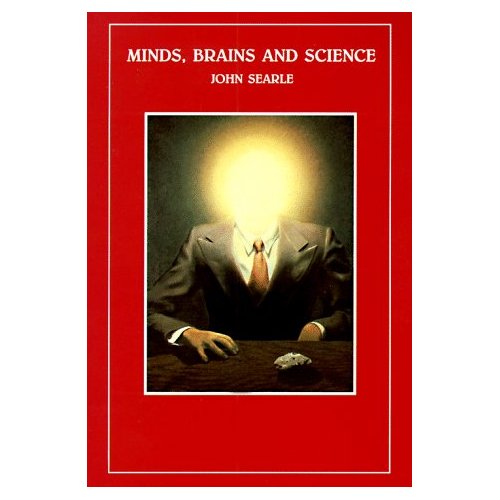John Searle’s Minds, Brains and Science is a collection of the six Reith Lectures that he gave in 1984 on the relation between our conscious, meaningful, phenomenal experiences and the backdrop of nonconscious, meaningless, objective physical reality against which all of the former inevitably play out. Essentially, the problem is this: We experience things, but everywhere else we look in the universe, we do not see experiences. How do we explain this seemingly trivial fact and make consciousness fit in with everything else we know?
This is inevitably a question that he is unable to provide a clear answer for, but, nonetheless, this was a successful, and worthwhile, work. The lectures were intended for a lay audience, so they are largely non-technical, but as far as I can tell, none of the necessary content was lost. Searle is still able to explicate each of the sub-problems and arguments very well. He manages to minimize caricaturing his opponents while simultaneously keeping the focus on what, he thinks, are the real issues. All the while, he manages to introduce several new ideas. His remarks on the social sciences and the freedom of the will are especially noteworthy.
In its entirety, the read comes down to less than a hundred pages, making it a perfect introduction to the problem at large. At the same time, it retains enough depth to catch the eye of even the most weathered philosopher-scientist—and for that, I give it five out of five stars.

